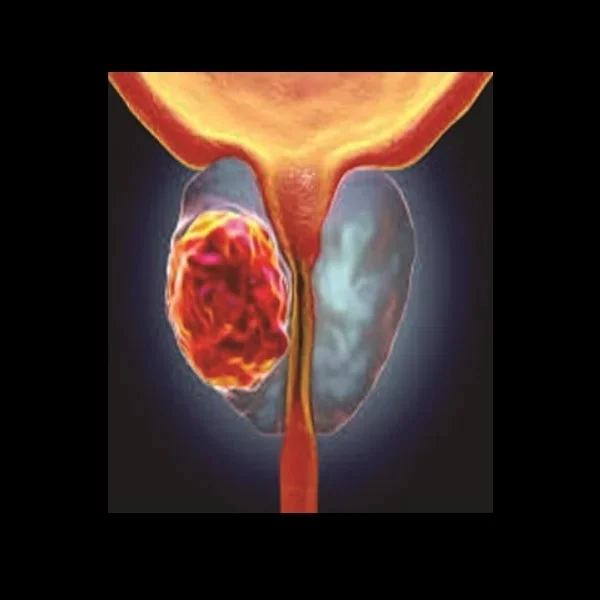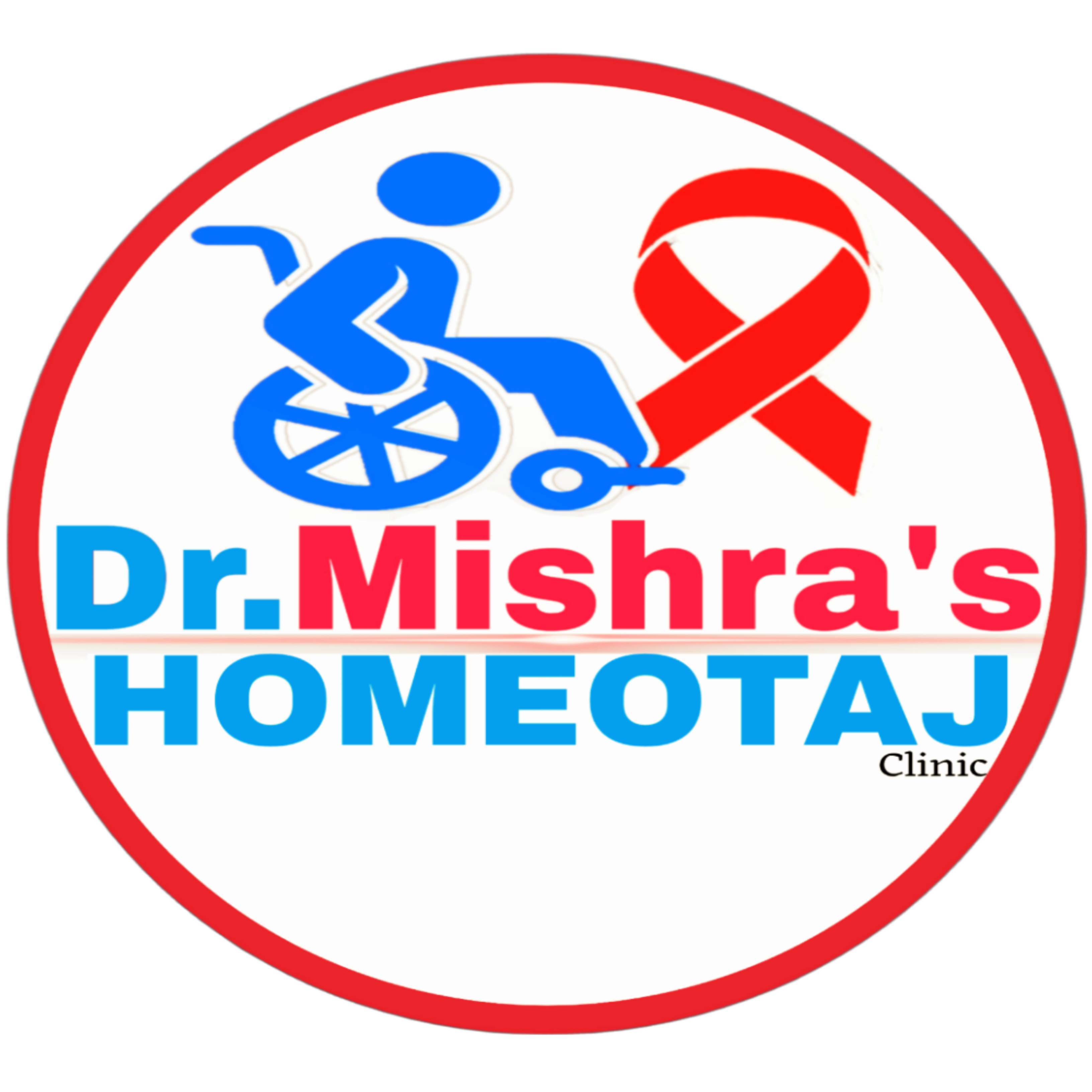Prostate Cancer

Prostate Cancer:
Prostate Cancer is cancer of the prostate. The prostate is a gland in the male reproductive system A small walnut-sized gland in men that produces seminal fluid, which provides nourishment and transport for sperm. It surrounds the urethra just below the bladder Most prostate cancers are slow-growing Cancer cells may spread to other areas of the body, especially the bones and lymph nodes It may initially show no symptoms In later stages, symptoms include pain or difficulty urinating, blood in the urine, or pelvic or back pain Benign prostatic hyperplasia can cause similar symptoms Other late symptoms include fatigue due to low levels of red blood cells
Prostate Cancer is cancer of the prostate. The prostate is a gland in the male reproductive system A small walnut-sized gland in men that produces seminal fluid, which provides nourishment and transport for sperm. It surrounds the urethra just below the bladder Most prostate cancers are slow-growing Cancer cells may spread to other areas of the body, especially the bones and lymph nodes It may initially show no symptoms In later stages, symptoms include pain or difficulty urinating, blood in the urine, or pelvic or back pain Benign prostatic hyperplasia can cause similar symptoms Other late symptoms include fatigue due to low levels of red blood cells
Symptoms:
• Difficulty urinating (hesitancy, weak or interrupted flow)
• Frequent urination, especially at night
• Blood in the urine or semen
• Painful urination or ejaculation
• Erectile dysfunction
• Pain or discomfort in the pelvic area, lower back, or hips
• Unexplained weight loss
Cause:
Age: The risk of prostate cancer increases significantly with age, particularly after the age of 50.
Family History: A family history of prostate cancer, especially in a father or brother, increases the risk.
Genetics: Certain genetic mutations, such as those in the BRCA1 or BRCA2 genes, can increase the risk.
Race: African-American men have a higher risk of developing and dying from prostate cancer compared to men of other races.
Diet: A diet high in red meat and dairy products and low in fruits and vegetables may be linked to a higher risk.
Obesity: Obese men may have a higher risk of developing advanced prostate cancer.
Side-effects of Steroid Medicine: Due to the side effects of taking allopathic medicine for a long time
प्रोस्टेट कैंसर:
प्रोस्टेट का कैंसर है। प्रोस्टेट पुरुष प्रजनन प्रणाली में एक ग्रंथि है जो पुरुषों में अखरोट के आकार की एक छोटी ग्रंथि होती है जो वीर्य द्रव (seminal fluid) का उत्पादन करती है, जो शुक्राणु को पोषण और परिवहन प्रदान करता है। जो मूत्राशय के ठीक नीचे मूत्रमार्ग को घेरती है, अधिकांश प्रोस्टेट कैंसर धीमी गति से बढ़ते हैं, कैंसर कोशिकाएं शरीर के अन्य क्षेत्रों, विशेष रूप से हड्डियों और लिम्फ नोड्स में फैल सकती हैं, यह शुरू में कोई लक्षण नहीं दिखा सकता है। बाद के चरणों में, लक्षणों में दर्द या पेशाब करने में कठिनाई, पेशाब में खून या श्रोणि या पीठ में दर्द शामिल हैं, सौम्य प्रोस्टेटिक हाइपरप्लासिया समान लक्षण पैदा कर सकता है, अन्य देर से होने वाले लक्षणों में लाल रक्त कोशिकाओं के निम्न स्तर के कारण थकान शामिल है।
लक्षण:
• पेशाब करने में कठिनाई (झिझक, कमजोर या रुका हुआ प्रवाह)
• बार-बार पेशाब आना, खासकर रात में
• पेशाब या वीर्य में रक्त आना
• दर्दनाक पेशाब या स्खलन
• स्तंभन दोष (Erectile dysfunction)
• पेल्विक क्षेत्र, पीठ के निचले हिस्से या कूल्हों में दर्द या बेचैनी
• बिना किसी कारण वजन घटना
कारण:
आयु (Age): 50 वर्ष की आयु के बाद प्रोस्टेट कैंसर का जोखिम काफी बढ़ जाता है।
पारिवारिक इतिहास (Family History): प्रोस्टेट कैंसर का पारिवारिक इतिहास, खासकर यदि पिता या भाई को हो, तो जोखिम बढ़ जाता है।
आनुवंशिकी (Genetics): कुछ आनुवंशिक उत्परिवर्तन, जैसे BRCA1 या BRCA2 जीन में, जोखिम को बढ़ा सकते हैं।
आहार (Diet): लाल मांस और डेयरी उत्पादों से भरपूर और फल और सब्जियों में कम आहार का संबंध उच्च जोखिम से हो सकता है।
मोटापा (Obesity): मोटे पुरुषों में उन्नत प्रोस्टेट कैंसर विकसित होने का जोखिम अधिक हो सकता है।
• Difficulty urinating (hesitancy, weak or interrupted flow)
• Frequent urination, especially at night
• Blood in the urine or semen
• Painful urination or ejaculation
• Erectile dysfunction
• Pain or discomfort in the pelvic area, lower back, or hips
• Unexplained weight loss
Cause:
Age: The risk of prostate cancer increases significantly with age, particularly after the age of 50.
Family History: A family history of prostate cancer, especially in a father or brother, increases the risk.
Genetics: Certain genetic mutations, such as those in the BRCA1 or BRCA2 genes, can increase the risk.
Race: African-American men have a higher risk of developing and dying from prostate cancer compared to men of other races.
Diet: A diet high in red meat and dairy products and low in fruits and vegetables may be linked to a higher risk.
Obesity: Obese men may have a higher risk of developing advanced prostate cancer.
Side-effects of Steroid Medicine: Due to the side effects of taking allopathic medicine for a long time
प्रोस्टेट कैंसर:
प्रोस्टेट का कैंसर है। प्रोस्टेट पुरुष प्रजनन प्रणाली में एक ग्रंथि है जो पुरुषों में अखरोट के आकार की एक छोटी ग्रंथि होती है जो वीर्य द्रव (seminal fluid) का उत्पादन करती है, जो शुक्राणु को पोषण और परिवहन प्रदान करता है। जो मूत्राशय के ठीक नीचे मूत्रमार्ग को घेरती है, अधिकांश प्रोस्टेट कैंसर धीमी गति से बढ़ते हैं, कैंसर कोशिकाएं शरीर के अन्य क्षेत्रों, विशेष रूप से हड्डियों और लिम्फ नोड्स में फैल सकती हैं, यह शुरू में कोई लक्षण नहीं दिखा सकता है। बाद के चरणों में, लक्षणों में दर्द या पेशाब करने में कठिनाई, पेशाब में खून या श्रोणि या पीठ में दर्द शामिल हैं, सौम्य प्रोस्टेटिक हाइपरप्लासिया समान लक्षण पैदा कर सकता है, अन्य देर से होने वाले लक्षणों में लाल रक्त कोशिकाओं के निम्न स्तर के कारण थकान शामिल है।
लक्षण:
• पेशाब करने में कठिनाई (झिझक, कमजोर या रुका हुआ प्रवाह)
• बार-बार पेशाब आना, खासकर रात में
• पेशाब या वीर्य में रक्त आना
• दर्दनाक पेशाब या स्खलन
• स्तंभन दोष (Erectile dysfunction)
• पेल्विक क्षेत्र, पीठ के निचले हिस्से या कूल्हों में दर्द या बेचैनी
• बिना किसी कारण वजन घटना
कारण:
आयु (Age): 50 वर्ष की आयु के बाद प्रोस्टेट कैंसर का जोखिम काफी बढ़ जाता है।
पारिवारिक इतिहास (Family History): प्रोस्टेट कैंसर का पारिवारिक इतिहास, खासकर यदि पिता या भाई को हो, तो जोखिम बढ़ जाता है।
आनुवंशिकी (Genetics): कुछ आनुवंशिक उत्परिवर्तन, जैसे BRCA1 या BRCA2 जीन में, जोखिम को बढ़ा सकते हैं।
आहार (Diet): लाल मांस और डेयरी उत्पादों से भरपूर और फल और सब्जियों में कम आहार का संबंध उच्च जोखिम से हो सकता है।
मोटापा (Obesity): मोटे पुरुषों में उन्नत प्रोस्टेट कैंसर विकसित होने का जोखिम अधिक हो सकता है।

